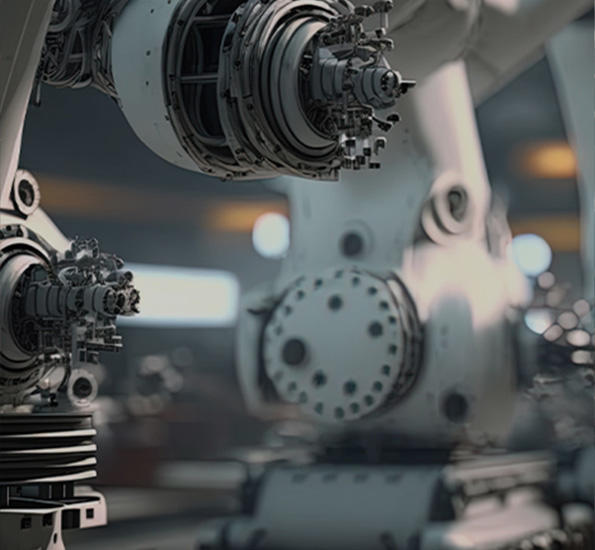- Home
- Products
- About Us
- Application
- News
- Contact Us
Web Menu
- Home
- Products
- About Us
- Application
- News
- Contact Us
Product Search
Exit Menu
What Materials Are Typically Used for Manufacturing Stators for Power Tools?

The stator is a crucial component of power tools, playing a key role in the operation of electric motors. It consists of a set of coils that create a rotating magnetic field when electricity flows through them. For a stator to perform efficiently, it must be made from durable materials that can handle the electrical and mechanical stresses of power tool use.
Silicon Steel Laminations
Silicon steel laminations are the most common material used for the core of the stator in power tools. Silicon steel is chosen due to its excellent electrical and magnetic properties. The steel is often treated with silicon to increase its electrical resistivity, which helps reduce energy loss during operation. These laminations are thin sheets of steel stacked together to form the stator core, which helps minimize energy losses due to eddy currents.
The use of silicon steel laminations is essential for improving the efficiency of power tools, as they help concentrate the magnetic field and reduce power loss, making the motor run more efficiently.
Copper Wire for Windings
Copper wire is typically used for the windings in the stator. Copper is an excellent conductor of electricity, which allows for efficient energy transfer and minimal resistance. The windings are wrapped around the stator core, and the copper’s conductive properties ensure that the electric current flows smoothly, helping generate the required magnetic field to power the tool.
Using high-quality copper wire for the stator windings is essential to the overall efficiency and durability of power tools. Copper’s ability to withstand high temperatures and its resistance to corrosion make it ideal for maintaining performance over time.
Epoxy Resin for Insulation
Insulation is a critical aspect of stator design, and epoxy resin is commonly used for insulating the windings of a stator. This resin helps to protect the copper windings from electrical shorts and prevents the components from overheating. Epoxy resin also helps bond the windings together, providing structural stability and preventing vibration during operation.
Epoxy resin ensures that the stator can withstand the high temperatures and mechanical stresses associated with power tool use, contributing to the overall longevity of the motor.
Aluminum for End Caps and Housing
While the core of the stator is typically made of steel and copper, aluminum is often used for the end caps and housing. Aluminum is lightweight, durable, and resistant to corrosion, making it an ideal material for these components. The use of aluminum in stator housing helps reduce the overall weight of the power tool, making it more comfortable to use without sacrificing strength or durability.
Aluminum also provides effective heat dissipation, helping prevent the motor from overheating during extended use. This feature is especially important in power tools that require continuous operation for long periods.
Laminated Sheets for Magnetic Conductivity
In addition to silicon steel, some stators for power tools may incorporate laminated sheets made from other materials to improve magnetic conductivity and reduce energy loss. These laminated sheets are stacked in a specific configuration to ensure that the magnetic field generated by the stator’s windings is efficiently channeled through the motor. This further optimizes the stator’s performance, contributing to the overall efficiency of the power tool.
The materials used for manufacturing stators in power tools are crucial in ensuring the efficiency, durability, and performance of the motor. Silicon steel laminations, copper wire, epoxy resin, and aluminum are commonly used materials, each contributing to specific aspects of the stator's functionality. By understanding the importance of these materials, manufacturers can create high-quality stators that help power tools operate smoothly and reliably for longer periods.
-
Add: 1st Floor, No. 2, Huanan Road, Zhengcun, Economic Development Zone, Yongkang City, Zhejiang Province, China
-
Tel: +86-0579-87133113
-
E-mail: [email protected]

 English
English русский
русский Español
Español